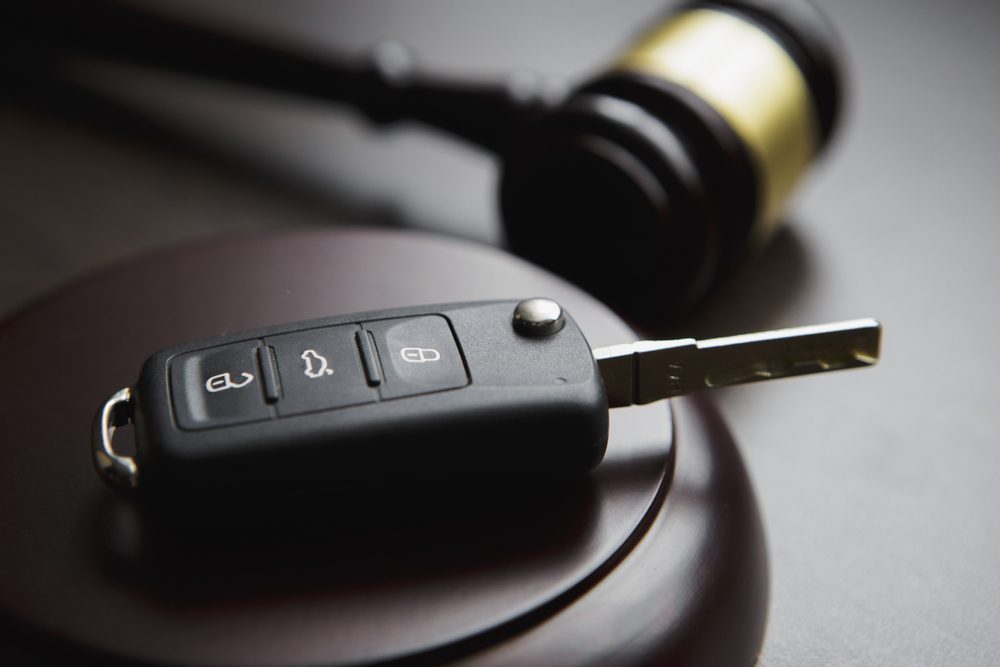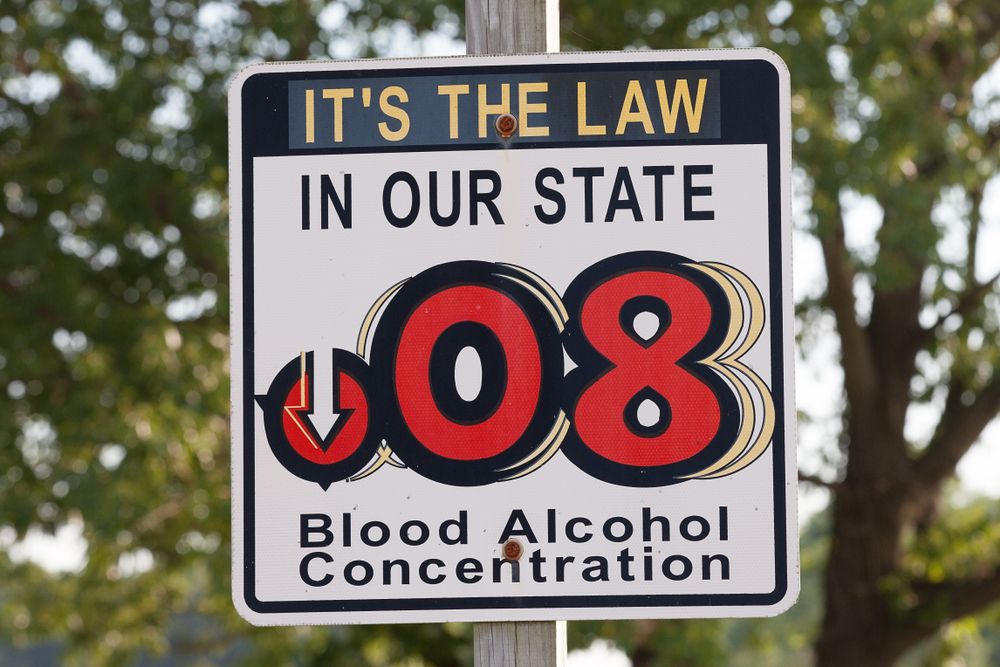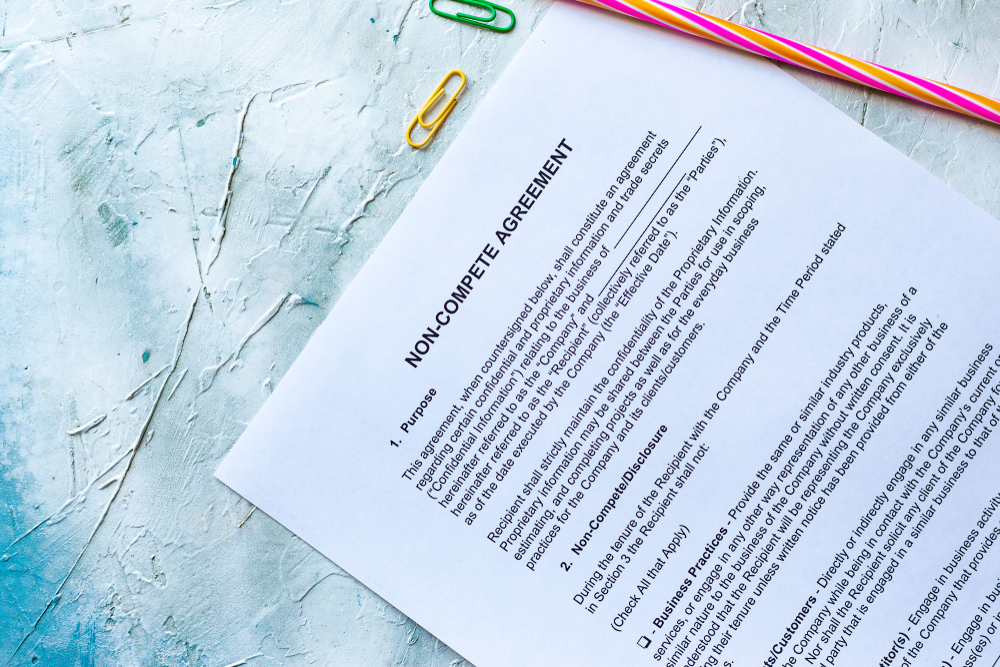Most of the time, drivers who receive traffic tickets choose to personally represent themselves in court. It makes sense! Traffic court generally only results in fines and added points to ones driving record. Even still, there are a few situations in which hiring an attorney is definitely the right move. Here is how we can help you out if you decide to do so!
When Should You Be Sure to Hire an Attorney?
While it is never a bad idea to have professional representation, here are a few instances in which we believe hiring a traffic attorney is absolutely necessary:
You Already Have Several Tickets
If you already have a blemished driving record, its likely worth hiring an attorney to represent you in traffic court. As tickets continue to pile up, the stakes only get higher with the looming threat of steeper fines or even license suspensions. Hiring an attorney could genuinely be the difference that allows you to steer clear of these punishments.
You Are a Commercial Driver
When your livelihood revolves around driving, it only makes sense that harsher punishment and judgement could be used when assessing your traffic court case. To protect your livelihood, it will likely be in your best interest to come prepared with an attorney as your ally.
How Can a Traffic Attorney Help You?
Cost Effective
Since traffic cases are generally quite minor, you won’t have to worry about steep legal fees if you choose to hire an attorney. On the other hand, if you do not have an attorney and your case goes south, you will likely be subject to steep insurance premium hikes.
Firm Grasp of Maryland Traffic Law
When you choose an experienced traffic attorney, they have likely experienced many cases very similar to your own. This experience, combined with a firm grasp on Maryland law, allows us to add a lot of value by preparing a defense that improves your odds of minimizing or avoiding punishment. Sometimes, even the presence of an attorney can cause a judge to look upon a defendant more favorably.
Contact Mobley & Brown, LLP for Help with Traffic Court Cases in Maryland
If you are searching for a criminal defense or disorderly conduct defense attorney in Maryland and unsure where to turn, contact Mobley and Brown, LLP today. Our experienced legal team will work with you to meet your needs. Call us now at (410) 385-0398.













